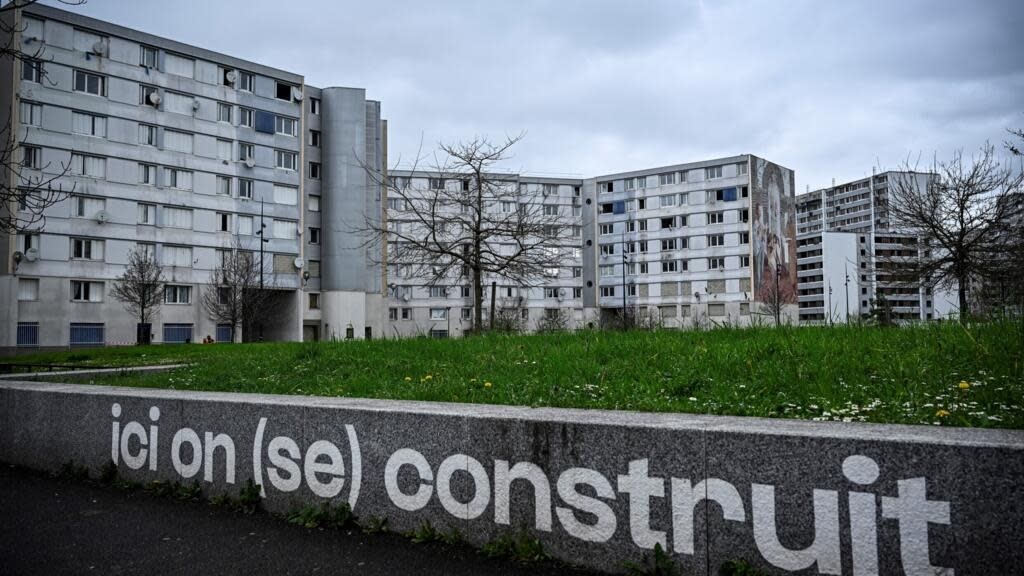Have poor and troubled Paris suburbs won Olympic gold?

Less than 500 metres separate the Stade de France -- the sparkling centrepiece of the Paris Olympics -- and the crumbling Francs-Moisins estate plagued by poverty and crime.
Samia Achoui, a secretary who lives in one of the grey blocks dogged by drug dealing, does not have a ticket to see the Games.
Instead she will listen from her window to the cheers and applause echoing over the canal.
Despite its name, the Paris Olympics will take place mostly in Seine-Saint-Denis on the other side of the "peripherique" ring road that divides the French capital from some of its poorest and most notorious suburbs, known as banlieues.
The densely populated working-class department north of Paris hosts four of the Games' big venues, the athletes' village and other key Olympic sites.
Paris's pitch for the Games -- which run from July 26 to August 11 -- leaned hard on regenerating an area that has absorbed wave after wave of immigration and has the country's youngest population. A third of its 1.6 million people lives below the poverty line.
France not only hopes to use the Olympics to turbo-charge ongoing redevelopment there, but to recast the fevered image of Seine-Saint-Denis as a crime-ridden collection of ghettos forged during suburban riots which started there in 2005.
Its reputation took a further battering in the world's media after the 2022 Champions League Final fiasco, when football fans were attacked and robbed on their way into the Stade de France.
'People's Games'?
Mohamed Gnabaly is relentlessly upbeat about how the Games could help change Seine-Saint-Denis.
So much so that his little municipality has brought 7,000 tickets -- one for pretty much all of its inhabitants.


